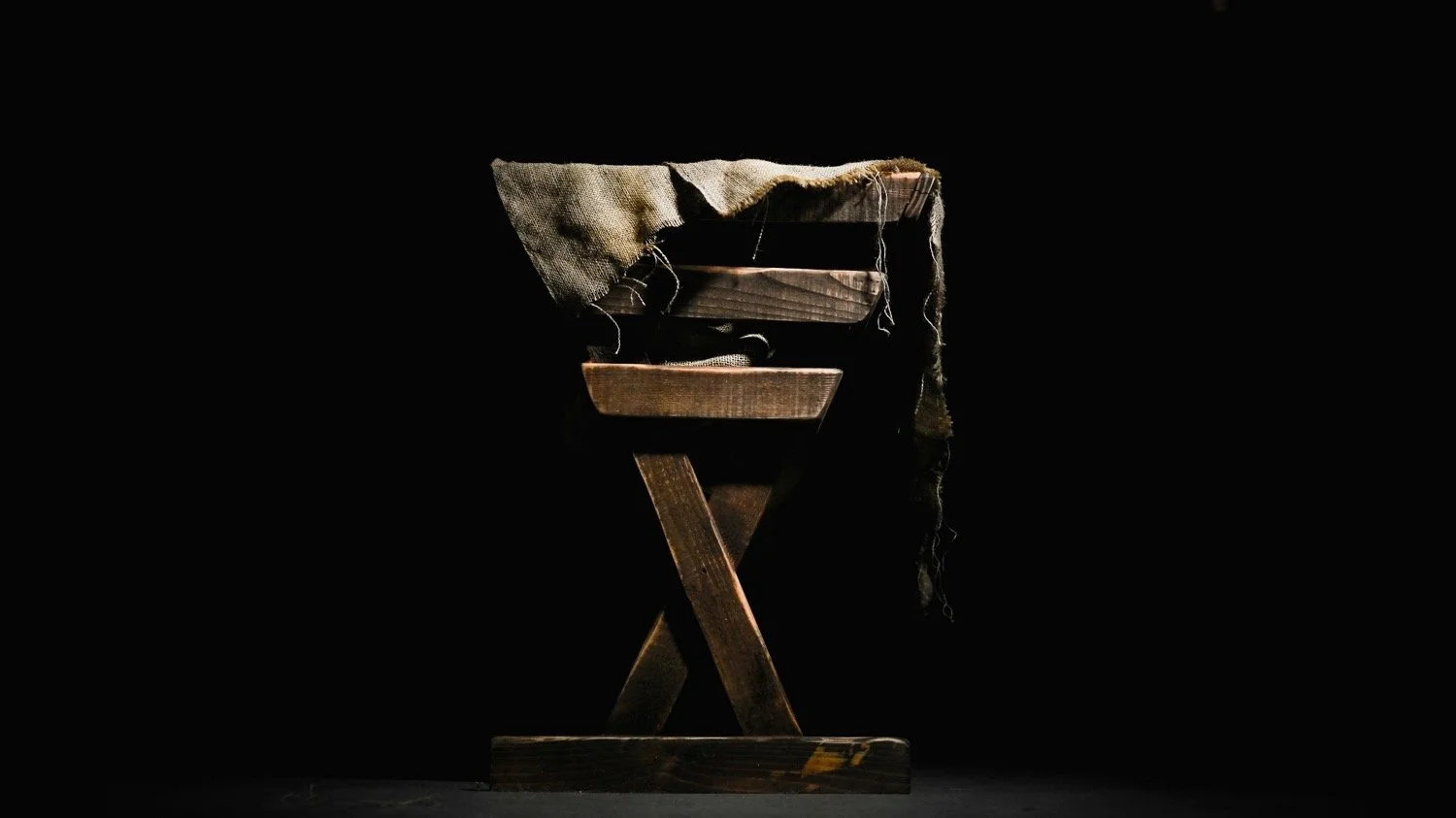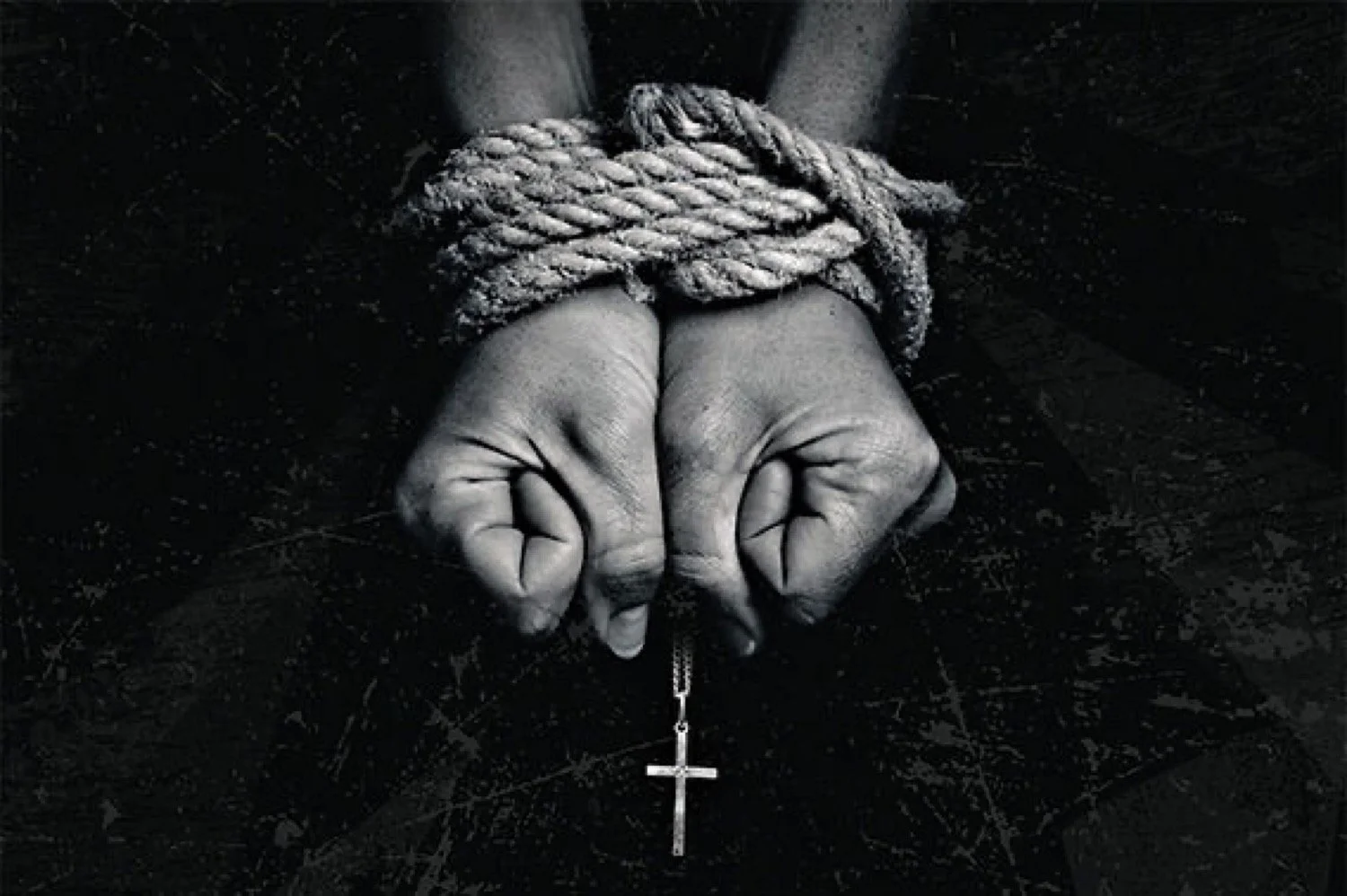Readings for today: Isaiah 38-39, 2 Kings 20:1-21, 2 Chronicles 32:24-33
One of the things I’ve learned from all my travels around the globe is the power of healing prayer. Believe it or not, there are millions around the world today who do not have access to anything but the most rudimentary form of healthcare. Infant mortality rates are high. Life expectancy is low. They live with sickness, disease, and death on a daily basis. They have no recourse but God so they lean on Him for healing and strength. I have prayed for healing alongside believers in the slums of Addis Ababa, rural villages in Uganda, among South Sudanese refugees, North Korean defectors, and for Palestinian believers who are displaced in their own country. I have watched God’s Spirit intervene miraculously to bring sight to the blind, healing from different diseases, strength to those who are weak and on the brink of death, even raise the dead.
King Hezekiah was sick to the point of death. He had no access to modern healthcare. Little in the way of hope. In fact, the prophet Isaiah even visited to give him the dire news. “Thus says the Lord: Set your house in order for you shall die, you shall not recover.” (Is. 38:1) And what was Hezekiah’s response? He turned to the Lord in prayer. He asked for healing. It’s a simple prayer. Not a lot of words. Not a lot of drama. He just turns his face to the wall and calls on God to remember his faithfulness. “Please, O Lord, remember how I have walked before you in faithfulness and with a whole heart, and have done what is good in your sight.” (Is. 38:2) It’s a prayer of trust. A prayer of faith. A prayer of surrender. However God chooses to respond, Hezekiah is prepared to accept the answer. Through his tears, he commits his life and his fate to God.
God chooses to answer Hezekiah’s prayer. He heals him from his disease and adds fifteen years to his life. Note that God’s answer serves an even larger purpose. Hezekiah’s healing will be accompanied by the even greater miracle of God’s deliverance of His people. God Himself will defend them and protect them from the Assyrian king. To top things off, God gives Hezekiah a sign. He makes the shadow cast by the sun turn back ten steps. It’s an amazing miracle. Hezekiah is saved. Israel is delivered. God is glorified.
So why doesn’t this happen more often? Why do miracles seem so rare in our day and age? Why does Gods seem so silent in the face of our prayers? Perhaps it’s just a matter of perspective. I can’t tell you the number of times I have prayed with those who are sick and dying in our own country. I’ve been at the sides of countless hospital beds asking God for miracles. Recently, I prayed with a good friend who I’ve known for thirty years who was on death’s door. She had been told by her doctors to put her affairs in order. She would not make it beyond a few weeks. We spent an hour talking through her funeral. But before I left, we prayed. We asked God for healing. We asked God to intervene. We asked God to remember her faithfulness. We told God we trusted Him. We knew she was in His good hands no matter the outcome. The next day her body began to respond to the treatment. Within a few days, they were talking about rehab. Within a week or so, she was coming home. It was nothing short of a miracle.
God often works His miracles through ordinary means. It could be a cake of figs (Is. 38:21) or oxygen and anti-biotics. God’s healing can happen instantaneously or it can happen over time. And no matter what happens, it must be acknowledged that healing in this world is always incomplete. We are mortal, finite creatures. The reality is Hezekiah didn’t live forever. He was given fifteen more years. My dear friend won’t live forever. She’s simply been given the gift of a little more time. None of us will live forever. Our lives will be filled with all kinds of joy and sorrow, health and sickness, pleasures and pain. The real question is what will we do with the time we’ve been given?
Readings for tomorrow: Isaiah 40-42, Psalms 46




